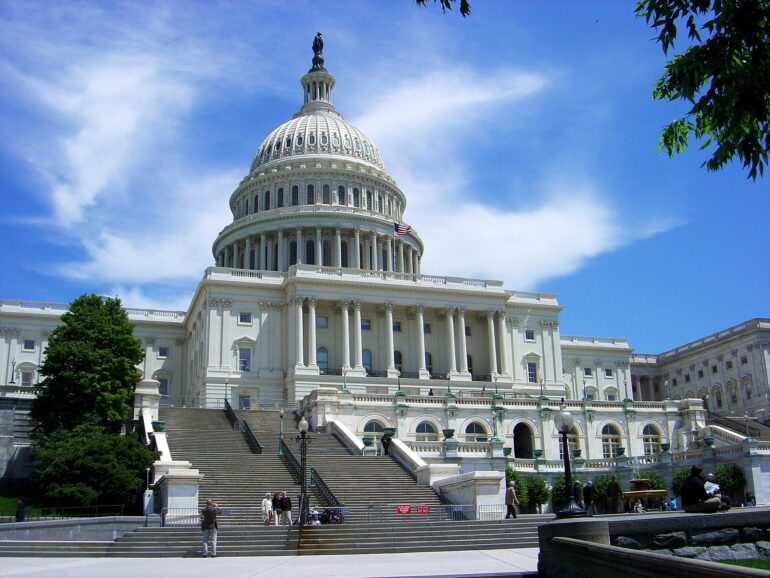The Senate Health Committee abruptly postponed its Thursday morning confirmation hearing for President Donald Trump’s nominee for surgeon general, Dr. Casey Means, after she went into labor just hours before the proceedings were set to begin.
A committee spokesperson confirmed that Dr. Means, who had planned to appear virtually before senators, “would not be able to attend,” and that the hearing would be rescheduled. The unexpected turn delayed what was anticipated to be one of the more contentious confirmation battles of the Trump administration’s second term.
Dr. Means, a Stanford-trained physician known for her unconventional approach to health and wellness, was nominated by President Trump in May following the withdrawal of his previous pick, Dr. Janette Nesheiwat. The hearing had been expected to showcase divisions not only between Republicans and Democrats but also within the medical establishment itself over Health Secretary Robert F. Kennedy Jr.’s “Make America Healthy Again” initiative — a sweeping campaign that has redefined national debates on nutrition, chronic illness, and personal responsibility in healthcare.
Kennedy’s movement, which emphasizes lifestyle and environmental factors over pharmaceutical interventions, has generated fierce opposition from many in the public health community.
Critics have accused the administration of promoting pseudoscience, while supporters have praised its challenge to what they see as entrenched bureaucratic orthodoxy and corporate influence in medicine.
Dr. Means stands at the center of that debate. A vocal advocate of what she calls a “root-cause approach to health,” she left her medical residency to focus on chronic disease prevention and the link between diet, metabolism, and long-term wellness. Over the past several years, she has amassed a large online following as a nutrition influencer, urging Americans to rethink traditional medical models and to prioritize metabolic health as the foundation of public well-being.
Her nomination has drawn sharp attention — and some criticism — for her skepticism toward vaccines and her embrace of individualized, preventive care rather than centralized mandates. Supporters within the Trump administration argue that Dr. Means represents a needed shift in national health policy. “Dr. Means is part of a new generation of physicians unafraid to challenge a broken system,” one senior official said earlier this week, noting that her emphasis on personal responsibility aligns with the administration’s broader vision of healthcare reform.
Democrats on the committee, however, had prepared to question Dr. Means aggressively on her past comments about vaccines and her connections to the wellness industry. Several aides suggested the hearing would likely have mirrored the contentious exchanges that have become hallmarks of Trump-era confirmations.
The delay offers the White House more time to solidify support for the nominee, who is viewed by allies as an articulate and media-savvy figure capable of broadening the administration’s appeal on health policy.
As one Republican strategist put it, “Dr. Means isn’t a traditional Washington pick — and that’s exactly why she resonates. She represents a belief that good health starts not with government, but with the individual.”
[READ MORE: Trump Acknowledges Constitutional Limit on Third Term, While Praising Future GOP Bench]



